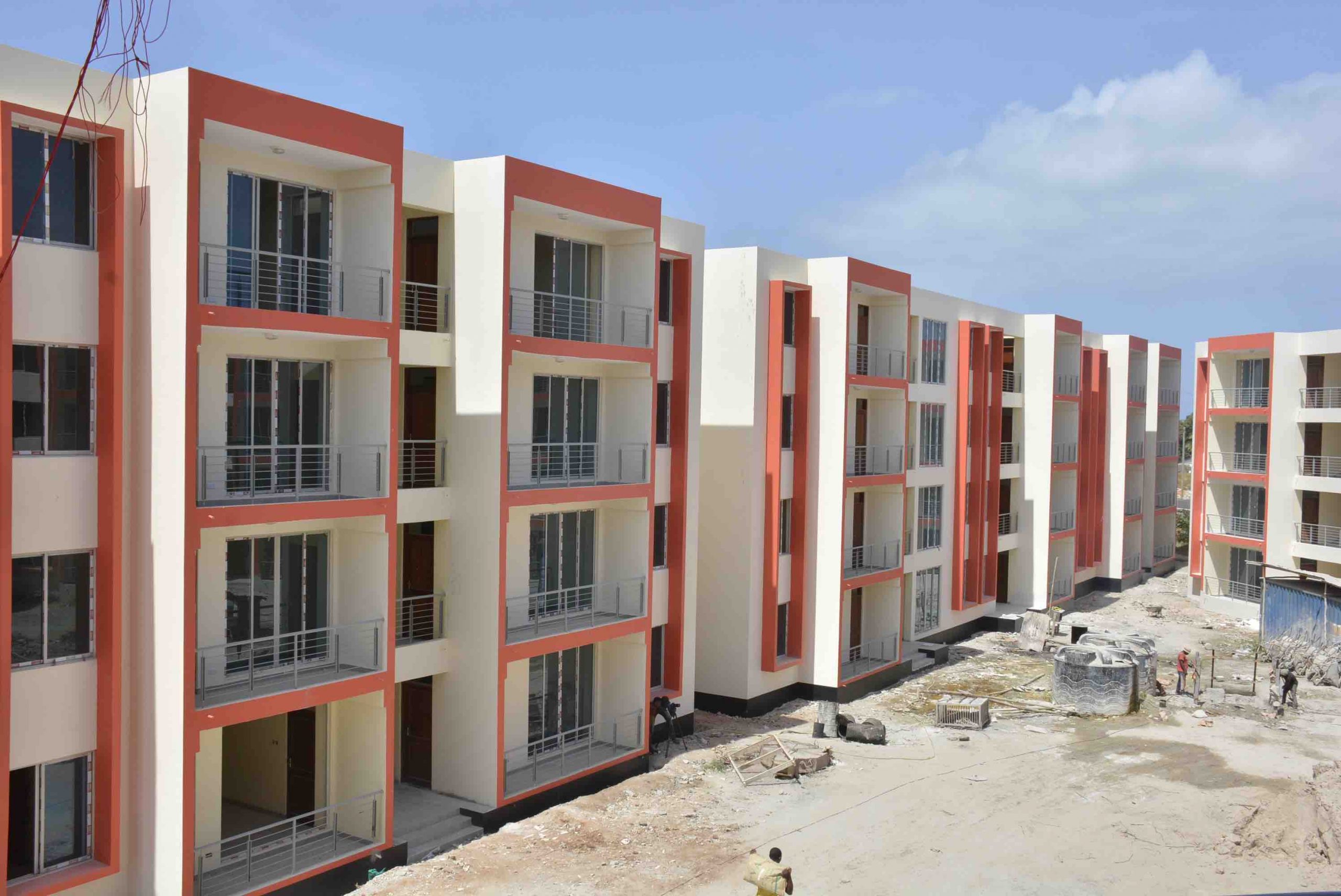The government of Kenya through the Kenya Housing Fund will soon collect up to US $34m annually from employers and employees through a recently passed housing fund levy contained in the Finance Bill 2018. This is in line with the Big 4 Agenda where the provision of low-cost housing is one of President Uhuru Kenyatta’s legacy projects.
The creation of the Kenya housing fund is meant to help the State realize its goal of delivering 500,000 affordable housing units in five years as a means to stop the expansion of slums and informal dwellings in major towns in the country. Currently, Kenya requires more than 250,000 housing units every year to meet demand. This is against the annual average of 50,000 units delivered by the government and private developers per year.
A lot of people have home ownership as one of their dreams. Currently, home ownership is out of the reach for many. The average Kenyan cannot afford to build themselves a home. Furthermore, the cost of borrowing is very high and not many people are able to afford a mortgage.
How much will I contribute?
The National Housing Development Fund will entail a 1.5% mandatory levy on every worker’s gross salary with a maximum deduction pegged at Ksh5,000, meaning those with monthly income of more than Ksh166,000 will contribute Ksh2,500, with the employer matching the same. It will be accessed through a tenant purchase scheme for those in the low cost housing bracket and securitized for mortgages for those with high income.
The government will run a lottery every year to match the people who have booked the number of houses available to prevent a situation where rich individuals buy several units and rent them out, thus defeating the plan. The winner of the lottery will then start paying for the units through an off-plan arrangement.
The lottery system borrows heavily from neighbouring Ethiopia where beneficiaries in the low-cost public housing scheme initially paid 10 to 40% of the cost of the house as down payment, with the remainder cleared within 20 years.
How do I qualify for the tenant purchase scheme?
Home buyers will qualify for the social houses bracket if they earn less than Ksh15,000 a month, low-cost (Ksh15,000 to Ksh49,000) or mortgage (Ksh50,000 to Ksh99,000) bracket under the initial affordable housing plan.
The home buyers will be accorded a 15% tax relief on their gross monthly earnings while paying for the house.
When will the contribution start?
The enforcement of the new controversial law was initially scheduled for 1st January 2019, but plans are underway for proper stakeholder consultations in order to ensure smooth implementation.
What if I fail to contribute?
Failure to remit the contributions on time attracts a penalty of 5% of the contributions payable by the employer for each month.
What if I am self-employed?
The proposal is also not clear on how those who are in self-employment would be able to participate in the scheme. Perhaps there should be provisions for voluntary participation for those who are self-employed or unemployed to be able to participate and benefit from this new law.
What happens to my contributions if I don’t qualify for the scheme?
Employees earning more than Ksh100,000 monthly do not qualify for the scheme because they are classified in the high-income range. Nevertheless, they will have their contributions and all interest accrued transferred to their retirement schemes after 15 years or upon reaching retirement age, whichever comes first.


How do I apply for the fund